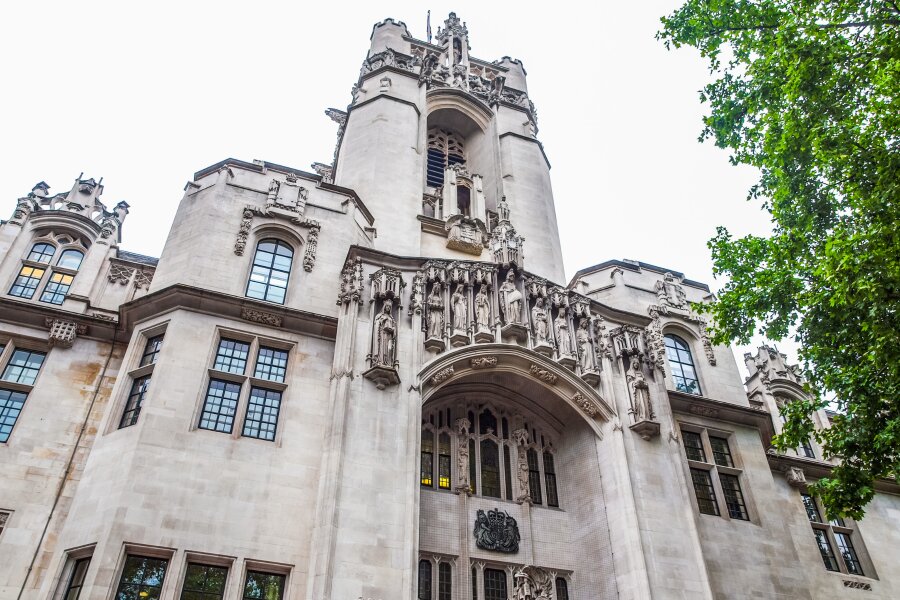Best Collaborative Law Lawyers in Tuzla
Share your needs with us, get contacted by law firms.
Free. Takes 2 min.
List of the best lawyers in Tuzla, Bosnia and Herzegovina
We haven't listed any Collaborative Law lawyers in Tuzla, Bosnia and Herzegovina yet...
But you can share your requirements with us, and we will help you find the right lawyer for your needs in Tuzla
Find a Lawyer in TuzlaAbout Collaborative Law in Tuzla, Bosnia and Herzegovina
Collaborative Law in Tuzla, Bosnia and Herzegovina is an alternative dispute resolution method primarily used in family law to help couples resolve conflicts amicably and equitably without going to court. This approach focuses on open communication and cooperative problem-solving, bringing together legal, financial, and family professionals to support each party’s best interests. Collaborative law is designed to reduce the emotional and financial strain often associated with traditional adversarial divorce proceedings by emphasizing respect, transparency, and voluntary participation.
Why You May Need a Lawyer
Individuals in Tuzla may seek the assistance of a collaborative lawyer in various situations, particularly when dealing with family-related disputes like divorce, child custody, and division of assets. This method can also be useful in other areas such as business partnership breakups or inheritance disputes, where maintaining ongoing relationships and discretion is essential. A collaborative lawyer helps navigate complex legal frameworks, ensuring that all legal requirements are met effectively while fostering a non-combative environment conducive to mutual agreement. In highly emotional or contentious situations, having a lawyer dedicated to constructive conflict resolution can significantly enhance the outcome for all parties involved.
Local Laws Overview
The legal system in Tuzla, like the rest of Bosnia and Herzegovina, is influenced by both civil law and certain elements of Islamic law due to the diverse cultural and religious composition of the population. Family law, governed by the Family Law of the Federation of Bosnia and Herzegovina, provides the legal basis for issues such as marriage, divorce, and child custody. Collaborative law works within this framework by offering an alternative that allows parties to negotiate a settlement in a flexible and private manner. Key aspects of the local laws relevant to collaborative law include considerations for fair property division, the welfare of children involved, and the mutual consent of parties to reach a settlement outside court.
Frequently Asked Questions
What is the main benefit of choosing collaborative law over traditional litigation?
Collaborative law can be less adversarial and more cost-effective than traditional litigation, emphasizing cooperation and communication to reach amicable settlements outside of court.
Who participates in a collaborative law process?
The process involves both parties, their respective collaborative lawyers, and may include other professionals like financial advisors or child specialists as needed to facilitate a comprehensive settlement.
Is collaborative law suitable for all types of legal disputes?
While it is particularly effective for family law matters, collaborative law can also apply to disputes requiring sensitivity and privacy, such as business disagreements or inheritance issues.
Do both parties need to agree to use collaborative law?
Yes, both parties must willingly consent to engage in the collaborative law process, agreeing to work towards a mutually satisfactory settlement without resorting to litigation.
What happens if we cannot reach an agreement?
If parties cannot reach an agreement, they may choose to pursue traditional litigation. However, collaborative lawyers engaged in the process cannot represent the parties in court, ensuring a full commitment to resolution during the collaborative process.
Is the agreement reached in collaborative law legally binding?
Once both parties sign the agreement, it becomes legally binding, just like a court order. The agreement is then submitted to a court for approval to ensure it complies with all legal requirements.
How long does the collaborative law process typically take?
The duration varies but is often quicker than traditional litigation as it avoids lengthy court proceedings. The process allows parties to schedule meetings flexibly based on their availability.
What if I feel pressured during the collaborative process?
Collaborative law is based on voluntary participation. If at any point you feel pressured, it's crucial to express this to your lawyer, who can help address the issue or re-evaluate the process's suitability for your needs.
Can collaborative law address complex financial issues?
Yes, complex financial issues can be addressed in collaborative law. Financial experts may be involved to provide clarity and help both parties reach an equitable financial agreement.
How do I find a qualified collaborative lawyer in Tuzla?
Look for legal professionals who specialize in collaborative law and have experience in dealing with your specific type of dispute. Recommendations from the Bar Association of Tuzla or referrals from trusted friends or relatives can be helpful.
Additional Resources
For those interested in pursuing collaborative law in Tuzla, several resources can provide further assistance:
- The Bar Association of the Federation of Bosnia and Herzegovina, which can offer listings of qualified collaborative law practitioners in Tuzla.
- The Tuzla Municipal Court can provide information about legal processes and the status of collaborative agreements.
- Mediation and negotiation workshops offered by local universities and legal associations, which can provide additional insight into non-adversarial conflict resolution.
- Support groups or family counseling centers that aid individuals through the emotional aspects of disputes.
Next Steps
If you require assistance with collaborative law, consider taking the following steps:
- Identify whether your situation is suitable for collaborative law, recognizing the need for privacy, mutual respect, and a willingness to negotiate.
- Research and contact qualified collaborative lawyers in Tuzla, preferably those with relevant experience in your legal matter.
- Schedule consultations to discuss your specific needs, learning more about the lawyer's approach and ensuring compatibility with your case.
- Once you have chosen a lawyer, formally engage in the collaborative law process, ensuring clear understanding and communication from the outset.
- Utilize available resources and professionals as needed throughout the process to arrive at a fair and satisfactory resolution.
Disclaimer:
The information provided on this page is for general informational purposes only and does not constitute legal advice. While we strive to ensure the accuracy and relevance of the content, legal information may change over time, and interpretations of the law can vary. You should always consult with a qualified legal professional for advice specific to your situation. We disclaim all liability for actions taken or not taken based on the content of this page. If you believe any information is incorrect or outdated, please contact us, and we will review and update it where appropriate.









